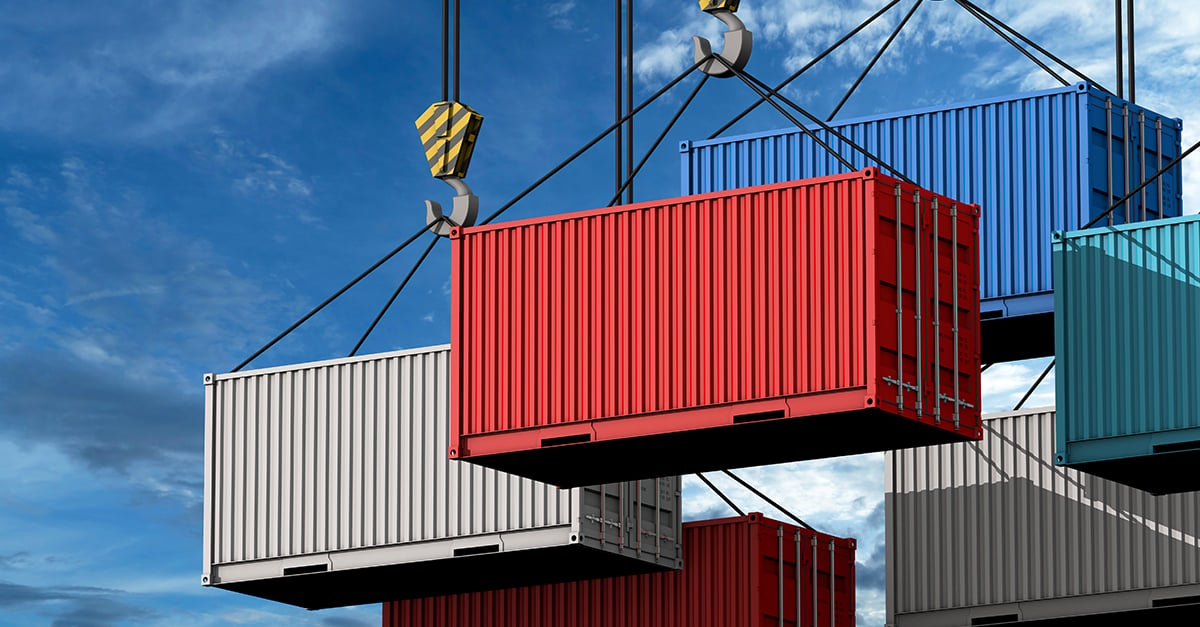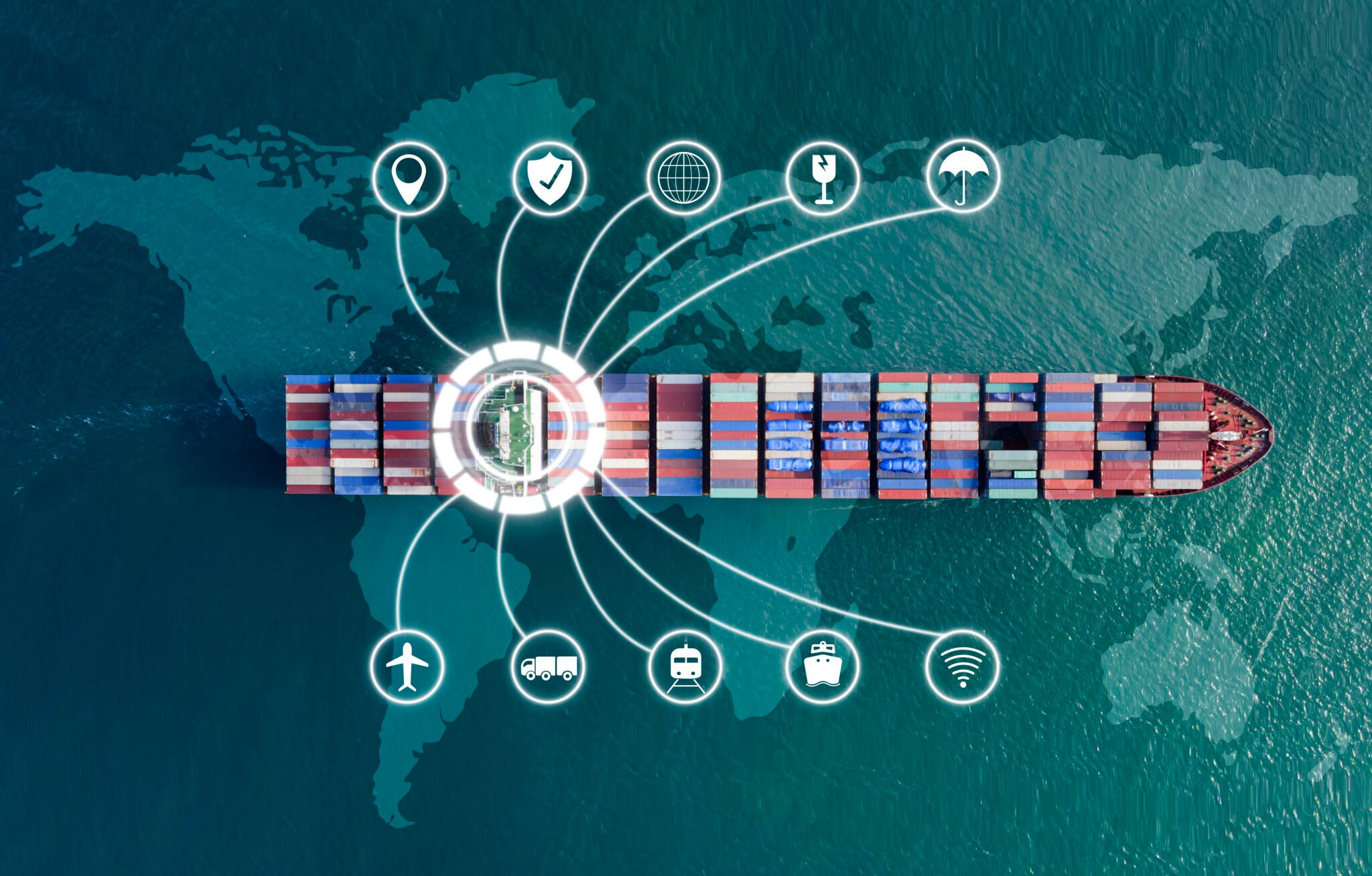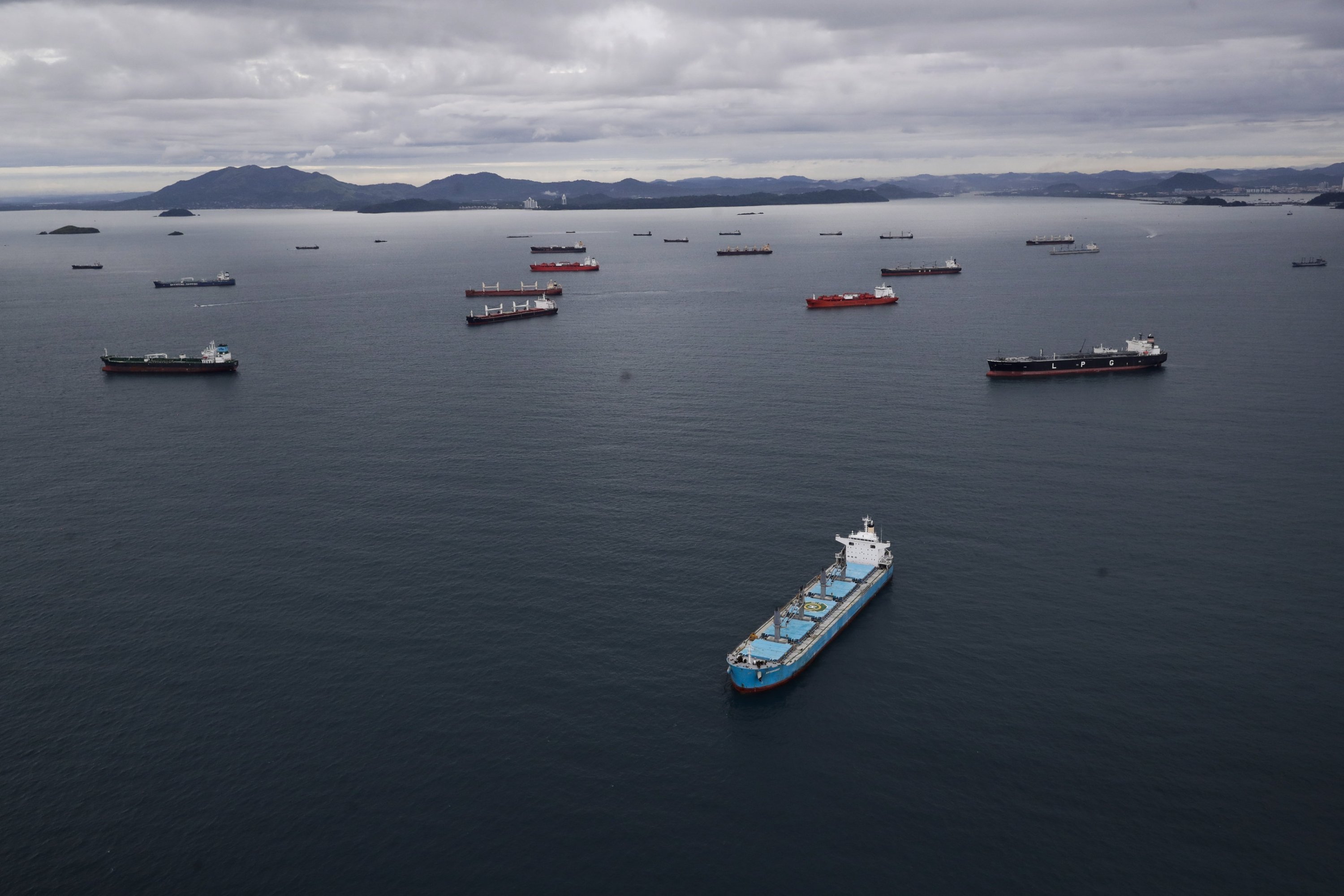A Customs entry is an official statement of specific information regarding your imported merchandise. If you’re working with a Customs broker as the importer, they’ll typically fill this out for you.
The Customs entry form lists information like:
- Country of origin
- Description of the goods
- Cost, insurance and freight (CIF) value or the goods
- Customs classification number, and
- Approximate amount of duties you expect to pay on the goods.
There are two types of entries that you should be aware of: formal entries and informal entries.
Formal Customs Entries
Typically, any goods or merchandise valued at $2,500 or higher must be covered by either an entry or surety bond in order to be accepted into the country. These goods all require a formal entry.
Because the value of the merchandise is high, it’s assumed they’re being imported for commercial purposes. Importers who already have customs entry bonds on file with the Customs and Border Protection (CBP) are allowed to receive their goods before they’ve paid their taxes, fees, and duties.
Informal Customs Entries
Informal entries are goods that do not need to be covered by a surety or entry bond, and are valued at less than $2,500.
Informal entries are typically granted to goods less than $2,500, but there are some exceptions. We recommend you confirm any exceptions with your specific port of entry. One notable exception to the general practice for informal entries is textile imports. For textiles, entries valued at $250 or over need to be declared as formal.
Lastly, a more specific type of informal entry, referred to as a Section 321, allows the duty-free transport of merchandise or goods valued at $200 or less. The only stipulation is that the merchandise be imported by one person on a single day. For example, a tourist who buys a $120 handbag in Mexico and walks it across the border would not have to pay duties on the bag.




